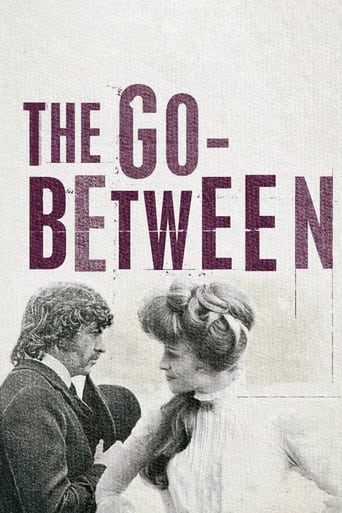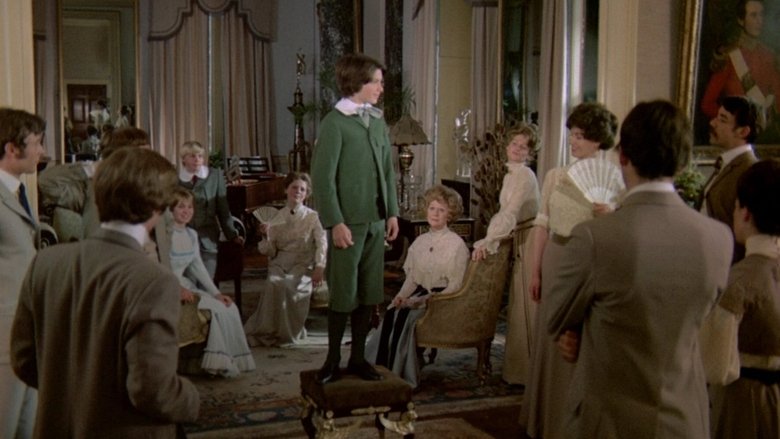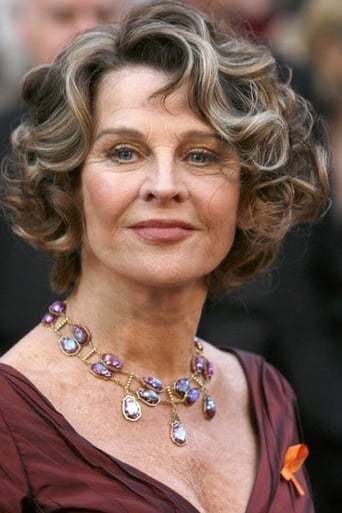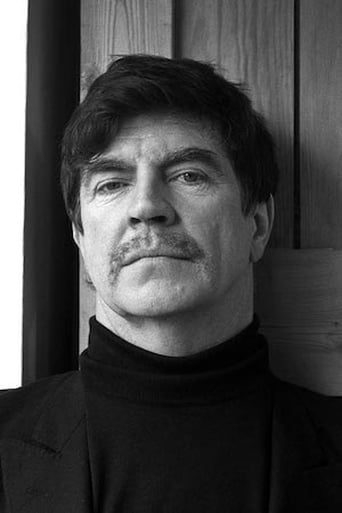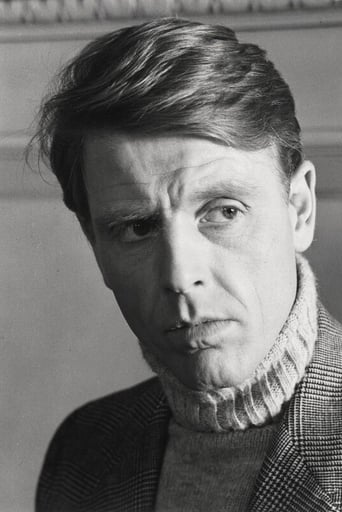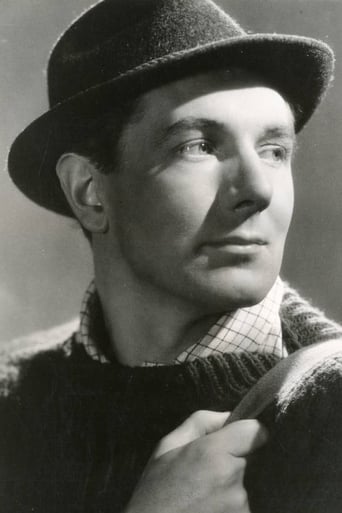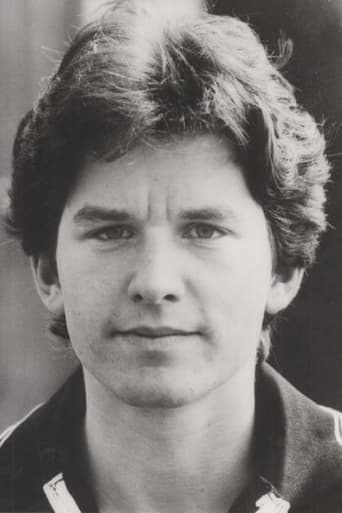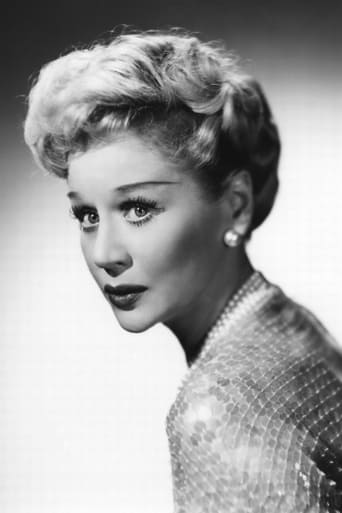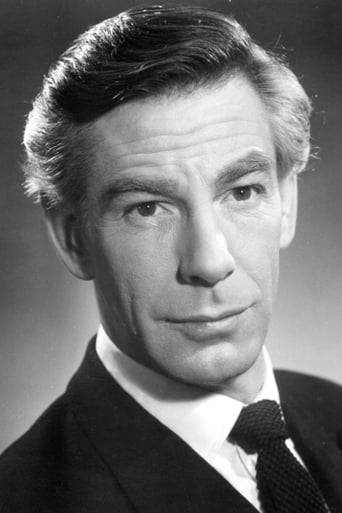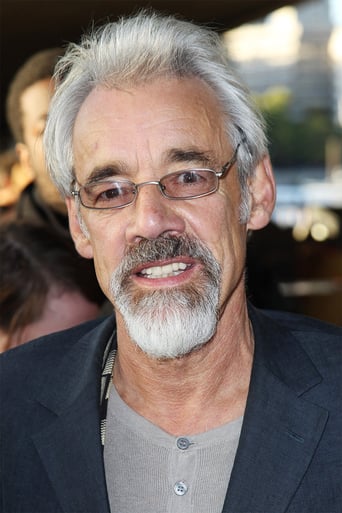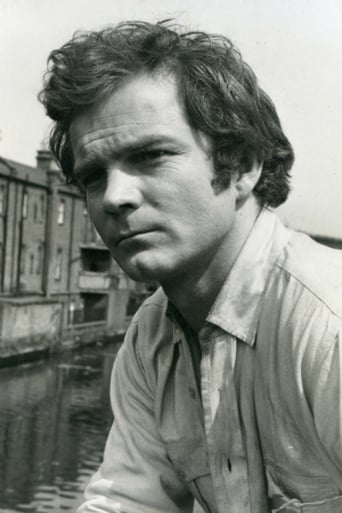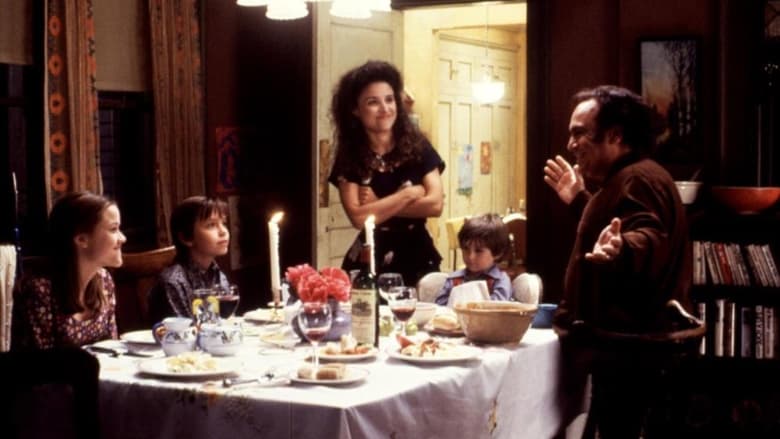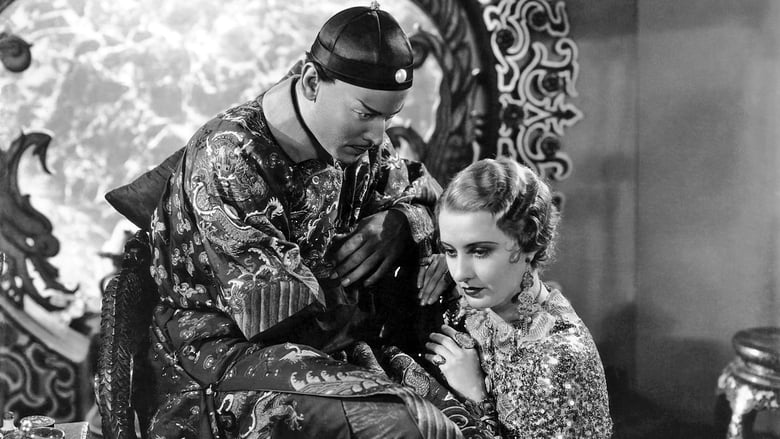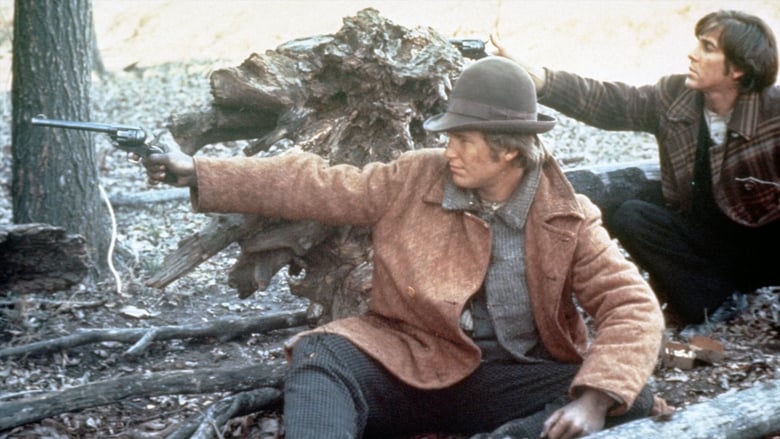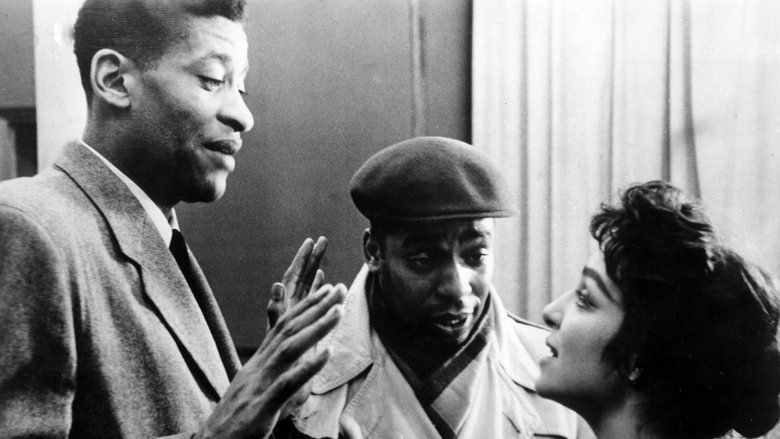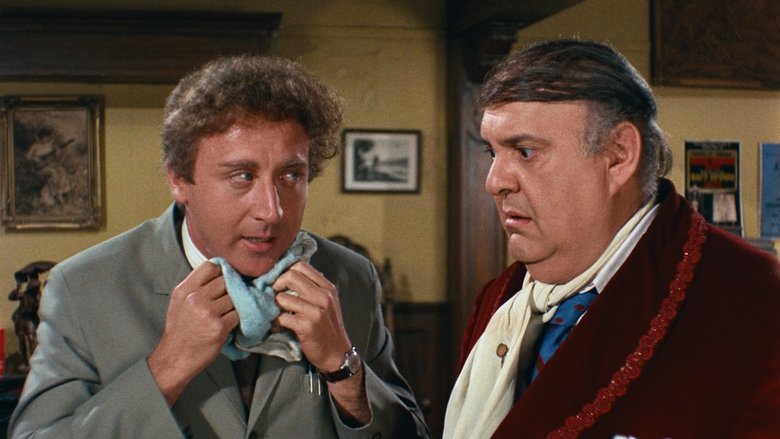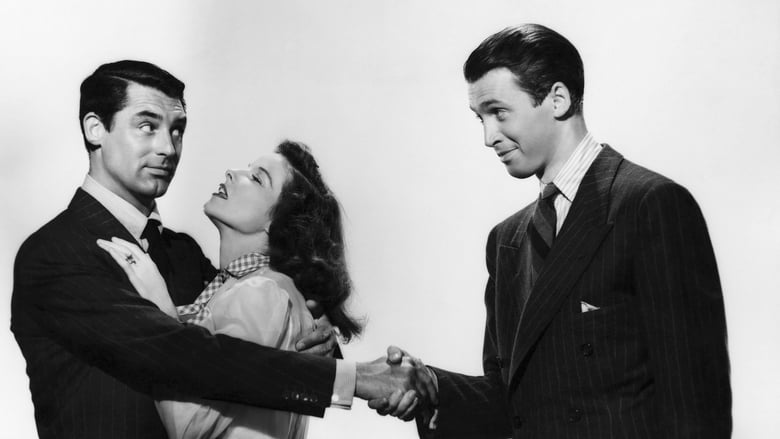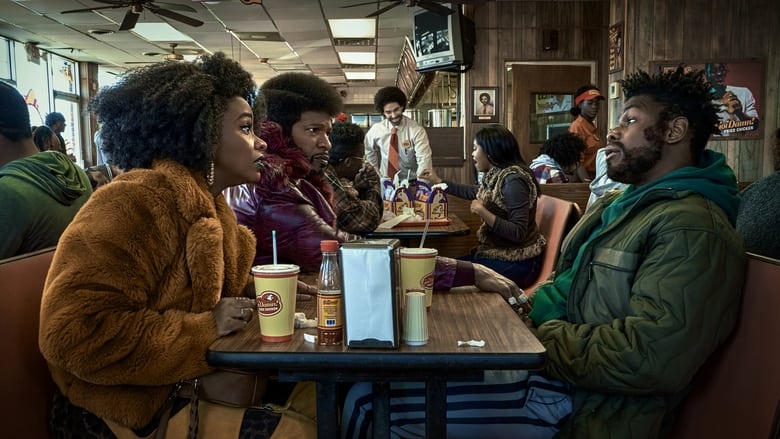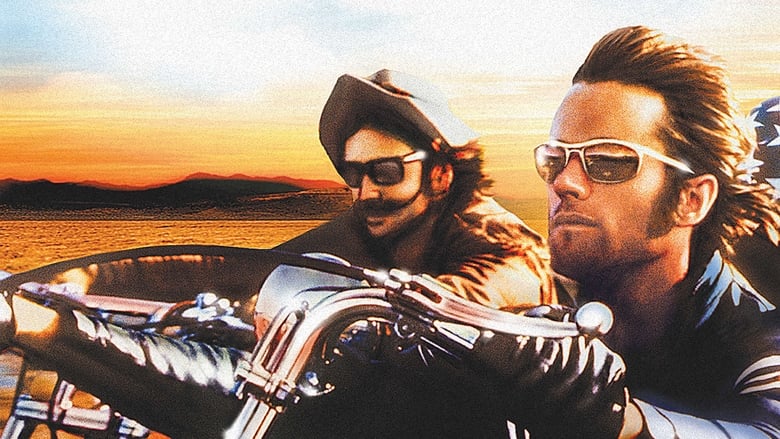British teenager Leo Colston spends a summer in the countryside, where he develops a crush on the beautiful young aristocrat Marian. Eager to impress her, Leo becomes the "go-between" for Marian, delivering secret romantic letters to Ted Burgess, a handsome neighboring farmer.


Similar titles
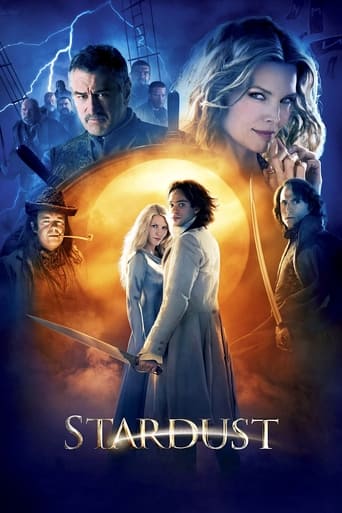
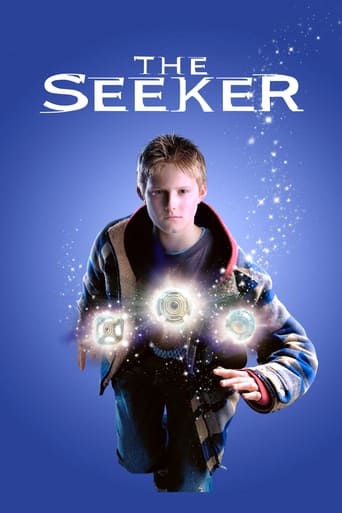
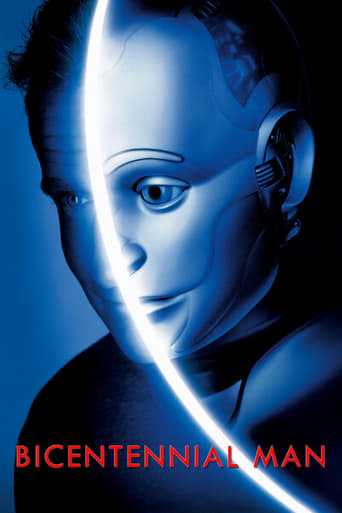
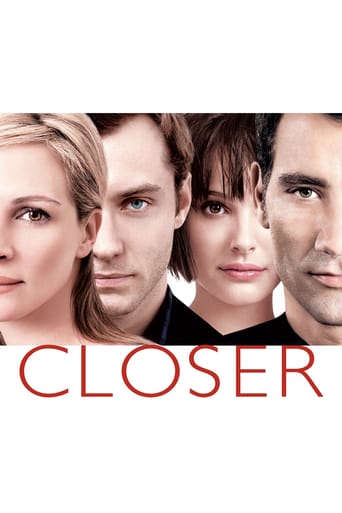
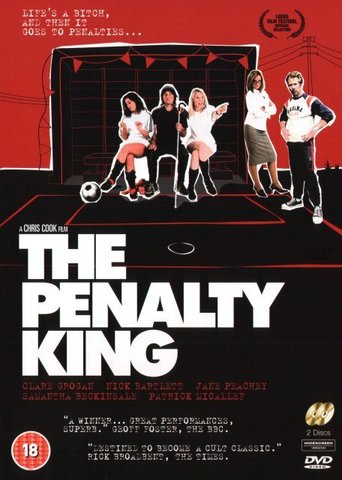
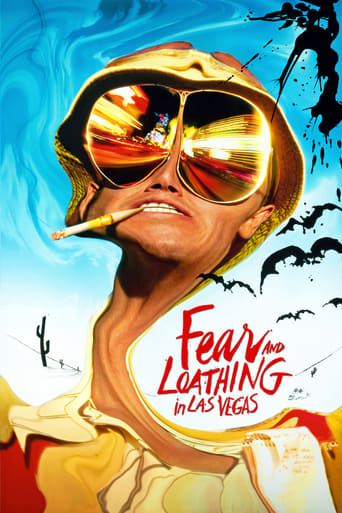
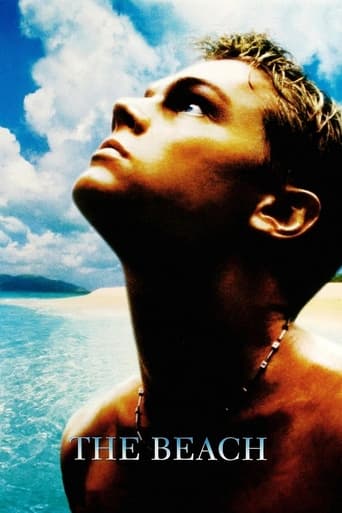
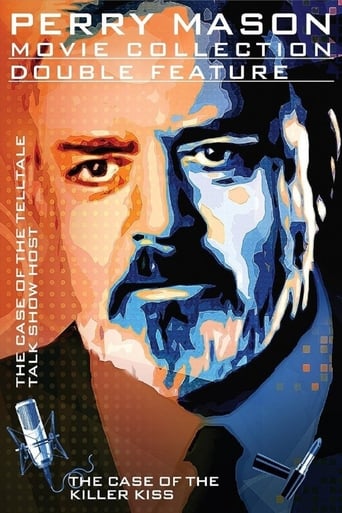
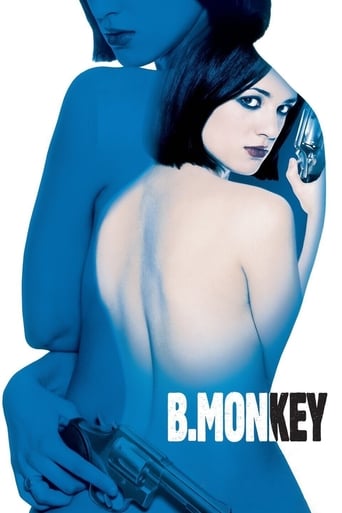
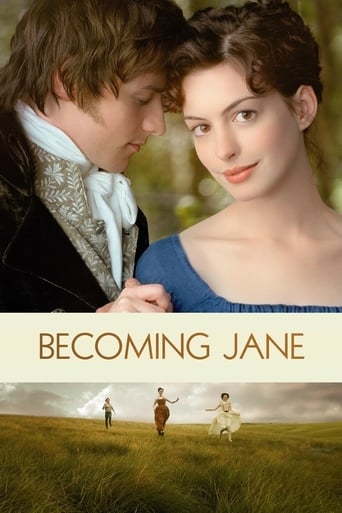
Reviews
American screenwriter and director Joseph Losey's twenty-third feature film which was written by English playwright, screenwriter, actor and director Harold Pinter (1930-2008), is an adaptation of a novel from 1953 by British author Leslie Poles Hartley (1895-1972). It was screened In competition at the 24th Cannes International Film Festival in 1971, was shot on location in the county of Norfolk in England and is a UK production which was produced by German-born British producer John Heyman and British producer Norman Priggen. It tells the story about Leo Colston, a 12-year-old student and a kind of magician who in a hot summer of 1900 is invited as a guest to a countryside mansion called the Brandham Hall in Norfolk by an aristocratic family named Maudsley. Leo has come there mainly due to his schoolmate Marcus who is the son of Mr and Mrs Maudsley, but his initial reasons for being there changes when he notices Marcus' elder sister Marian.Distinctly and precisely directed by American filmmaker Joseph Losey (1909-1984), this quietly paced fictional tale which is narrated by the protagonist and from multiple viewpoints, draws a gripping portrayal of the moral and emotional dilemma an adolescent boy is faced with after becoming a secret messenger and the forbidden relationship between an aristocratic and affianced young woman and a tenant farmer who has to hide their romance. While notable for its naturalistic and atmospheric milieu depictions, sterling production design by English production designer Carmen Dillon, cinematography by English cinematographer Gerry Fisher, costume design by costume designer John Furniss and the fine editing by English film editor Reginald Black (1902-1992), this character-driven and narrative-driven period drama where an aging man reminiscence a pivotal year in his life when his young heart was struck by a magnificent woman, depicts an empathic and incisive study of character and contains an efficient and prominent score by French composer Michel Legrand.This romantic, suspenseful, reflective and stringently structured story which is set against the backdrop of a rural county near the city of Norwich in East England in the late 19th century, examines themes like friendship, class distinctions, loss of innocence and is impelled and reinforced by its fragmented narrative structure, substantial character development, subtle continuity, foreboding and harmonic atmosphere, graceful aura, exceptionally moving flash forward scenes and the memorable acting performances by former English actor Dominic Guard in his debut feature film role, English actress Julie Christie, English actor Sir Alan Bates (1934-2003), English actress Margaret Leighton (1922-1976) and English actor Edward Fox. An eloquent, literary and nostalgic coming-of-age tale from the early 1970s which brilliantly combines various genres and which gained, among numerous other awards, the Palme d'Or at the 24th Cannes Film Festival in 1971.As their two previous cooperation's, Joseph Losey and author Harold Pinter's third and final collaboration is a film adaptation of a novel by a 20th century British writer and an artistic character piece that examines and emphasizes the internal struggles of characters from upper and lower social classes who are either by themselves or others led into predicaments that unravels their frailty. This mysterious and condensed triangle drama which follows the memories of a main character who looks back at a faraway past that has left him scarred for life, is a timeless and masterful cinematic accomplishment.
This is one of the least interesting films I have ever seen. Its high rating on IMDb is clearly due to the "Halo Effect" of Pinter and Losey.I love the cast: Bates, Christie, Leighton and Redgrave, but the material they are given is, to me, simply worthless. The story holds no one's interest because the characters are not at all interesting. It is impossible to either sympathize with, or hate, them. They are amazingly uninteresting. Redgrave is wasted. The young man who plays Marcus is not a very good actor and is most annoying. The plot is relatively predictable and it does not even have a Jane Austin happy ending. Moreover the cinematography, at least as seen on TV, appears grainy and sub-standard. You are much better off seeing "Far From the Madding Crowd," not a great film, but much better than "The Go-Between."The only reason I gave it a 2 instead of a 1 is because Christie and Bates look so good and I enjoyed hating the bourgeois attitudes of the family.
Invited by his upper crust classmate Marcus Maudsley to summer at his family estate thirteen year old Leo Colston is taken into confidence by Marcus's beautiful older sister Marian (Julie Christie) to act as a messenger to her illicit lover, local farmer Ted Burgess (Alan Bates.) Marian is engaged to Lord Trimingham (Edward Fox) whom Leo develops a strong liking for. This complicates matters for Leo who has the same feelings for Ted and out right affection for Marian. The child's innocence becomes a detriment however when he attempts to make sense of the adult world through inquiry of those very much involved and it holds drastic consequence for all.Sumptuously photographed (Gerry Fisher) and magnificently costumed The Go-Between evokes an almost fairy tale milieu in it's early moments with summer in full bloom and the well heeled Maudsleys lounging in finery amid the lush green trappings of their estate. The Empire in 1900 is still sun 24/7 and the Maudleys, confident and mildly aloof, representative of that power. Seen through the adolescent eyes of Marcus we are exposed to the hypocritical trappings of class snobbery, stuffiness and rules of the game. As things begin to unravel the lush lazy days of summer become more storm ridden and the restraint and decorum of the Maudsleys frayed all of which is powerfully summed up and splendidly depicted by Director Joseph Losey in a scene that begins with Leo's birthday party with everyone festooned in paper party hats.Losey's understated style does a nice job of slowly revealing his story for maximum effect. His use of flash forward, confusing at first, is spare but well utilized to tie lose ends together. The overall morose mood of the film is retained throughout though Lalo Schiffrin's score reeking of hysteria threatens it on more than one occasion.Christie and Bates, Edward Fox as Twillingham and the young Dominic Guard are excellent fits in their roles but Margaret Leighton as Lady Maudsley turns on the jets as the film closes and walks away with the acting honors.
The source novel, (obviously inspired by Lawrence's more carnal "Lady Chatterley's Lover") I had read a year or so ago on holiday and thoroughly enjoyed so it was with much anticipation that I settled down at last to watch this celebrated adaptation by American exile Joseph Losey, with its top-notch British cast. I wasn't disappointed. To the best of my recollection, the film is very true to the novel, only slightly modifying the epilogue-type ending by introducing the years-later reunion of Marion and Leo in teasingly inserted sequences which initially might confuse the casual viewer. The main theme of the movie, to my mind is the corruption of innocence as the adults in the world of naive young outsider Leo, take advantage of his susceptibility and willingness to please, not to mention his pubescent fascination with physical love, to use him as an unwitting pawn in their adult games of deception and lust. Thus we learn at the conclusion that Leo has never married or, even, by inference, enjoyed any kind of natural relationship with a woman, thus is his trust and innocence abused for all time.The film of course also comments tellingly on snobbery, class division and heroism in between-the-wars England but in the end its most important facet is the interplay of the four main characters, Marion, Ted Burgess, Lord Trillingham and of course young Leo, as the film moves inexorably towards its predictably tragic ending. The acting is generally very good, especially the main female parts played by Julie Christie and Margaret Leighton as errant daughter and suspicious mother respectively. The male acting I was slightly less enamoured of, Alan Bates failing to me to really suggest the rough physicality which draws Marion away from the safe, arranged, matrimonial match offered by the affable jolly good chap, Lord Trillingham, well played by a young Edward Fox. The young actor playing Leo, acts his part very well although the scenes with his young school-friend, Marion's younger brother, are a bit strained and accordingly unconvincing. The direction I found largely well-paced, although one or two short interludes seemed unnecessary in the editing and occasionally the frightfully, frightfully accents of the cast grated somewhat. Harold Pinter's screenplay stays properly close to its source and is less noticeably Pinter-ian than I would have expected, not too many characteristic pregnant pauses or repetitions. The climax (sorry, no pun intended) in the barn was effectively led up to and delivered. I did however find the music by Michel Legrand lacked a little subtlety, out of kilter with the delicate emotions on display here and also lacking the required pastoral touch. On the whole though this was a rewarding and entrancing movie, as good a classic book adaptation as you could hope to see and probably a precursor of Merchant-Ivory's success later in the decade.
